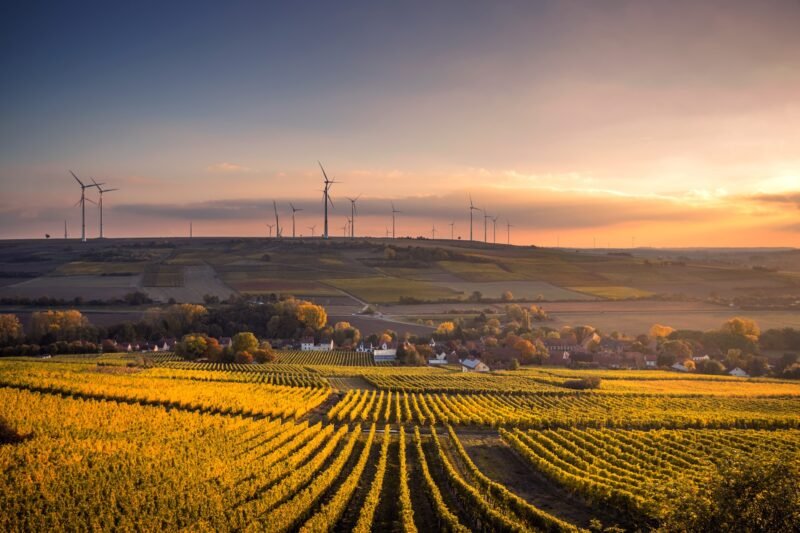AUTHORS: Harriet Bradley and Kaley Hart
European legislators are proposing significant changes to the Common Agricultural Policy (CAP). These changes are supposed to address the concerns raised by European farmers in recent protests as well as the challenges that Europe’s agriculture ministries face in implementing the CAP.
The farmers’ protests were a response to a mix of both specifically national and more general pressures, but first and foremost linked to concerns about longer-term economic challenges and competitiveness in the face of market pressure.
Despite this, the main focus of the revisions proposed to the CAP on 15 March in the name of reducing administrative burden, concerns environmental standards. These remove some of the most significant improvements to the CAP’s environmental delivery: mandatory standards on habitat for nature and crop rotation. These are key nature-based solutions for reducing the vulnerability of food production to extreme weather and other environmental stressors, highlighted as a key challenge in the EEA’s climate risk assessment and the related European Commission Communication also released last week. Removing them is likely to make a minimal impact on the real issues farmers face, and for the reasons above, even risks being counter-productive as more extreme weather becomes the ‘new normal’.
Seen in the wider context of other changes to the CAP’s climate and environmental provisions proposed on 22 February, and the withdrawal or weakening of key pieces of Green Deal legislation such as on pesticide reduction, nature restoration and regulating industrial livestock emissions, this constitutes a serious roll-back of the EU’s agenda to make food and farming sustainable and climate resilient.
The impacts on the economic issues farmers are voicing are not clear, particularly as there has been no impact assessment of these proposals. In fact, the actions that seem most relevant to addressing the overriding economic issues at hand like improving legislation to address unfair trading practices, are proposed to be addressed much later down the line.
On top of the lack of a clear link between the challenges and concerns of farmers and the environmental provisions targeted, there are important unanswered questions regarding the impact of the proposals on the stated objectives, including:
- The proposal aims to replace the mandatory requirement on on habitat for nature (GAEC 8) with voluntary schemes (ecoschemes). Given this, how many farmers will take up the option in future, and what are the implications for costs and payment rates?
- Will the proposals reduce the administrative burden for Member State authorities? The changes proposed will require changes to Member States’ CAP Strategic Plans, and by extension, to guidance to advisors and farmers. This will require a certain effort, potentially increasing administrative burden.
- Will it improve certainty for farmers? Farmers are asking for stability, and this latest change comes after an already turbulent implementation process for the new CAP. Further it sends a contradictory message to the EU’s long-term strategies for transition to sustainable and resilient farming systems. Such policy instability both makes the direction of travel unclear, and risks decreasing farmers’ (and wider agri-food chain actors) confidence in planning decisions.
In sum, there are major unanswered questions and strong evidence that the part of the simplification package focused on removing or weakening environmental provisions is not really dealing with the main issues at hand. Conversely, it targets key elements that scientific evidence shows would help farmers long term. The fact that this has been proposed in such a rush without an impact assessment and only in consultation with selected agricultural interests and authorities, opens broader questions about European decision-making and governance of this policy area, once more underlining the need for a clearer long-term vision and policy and governance reform agenda, such as that proposed by IEEP and other experts, for supporting the transition to sustainable and resilient agri-food systems in the EU.
Image by Karsten Wurt

